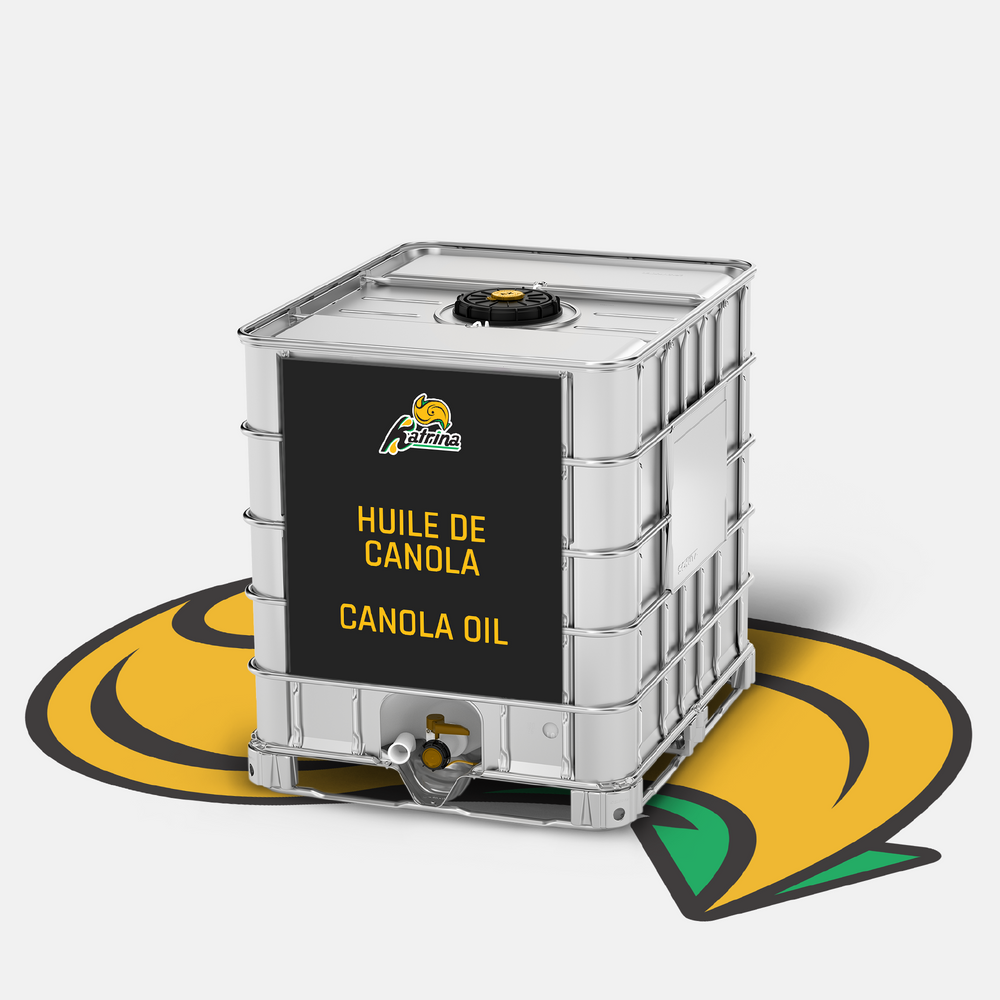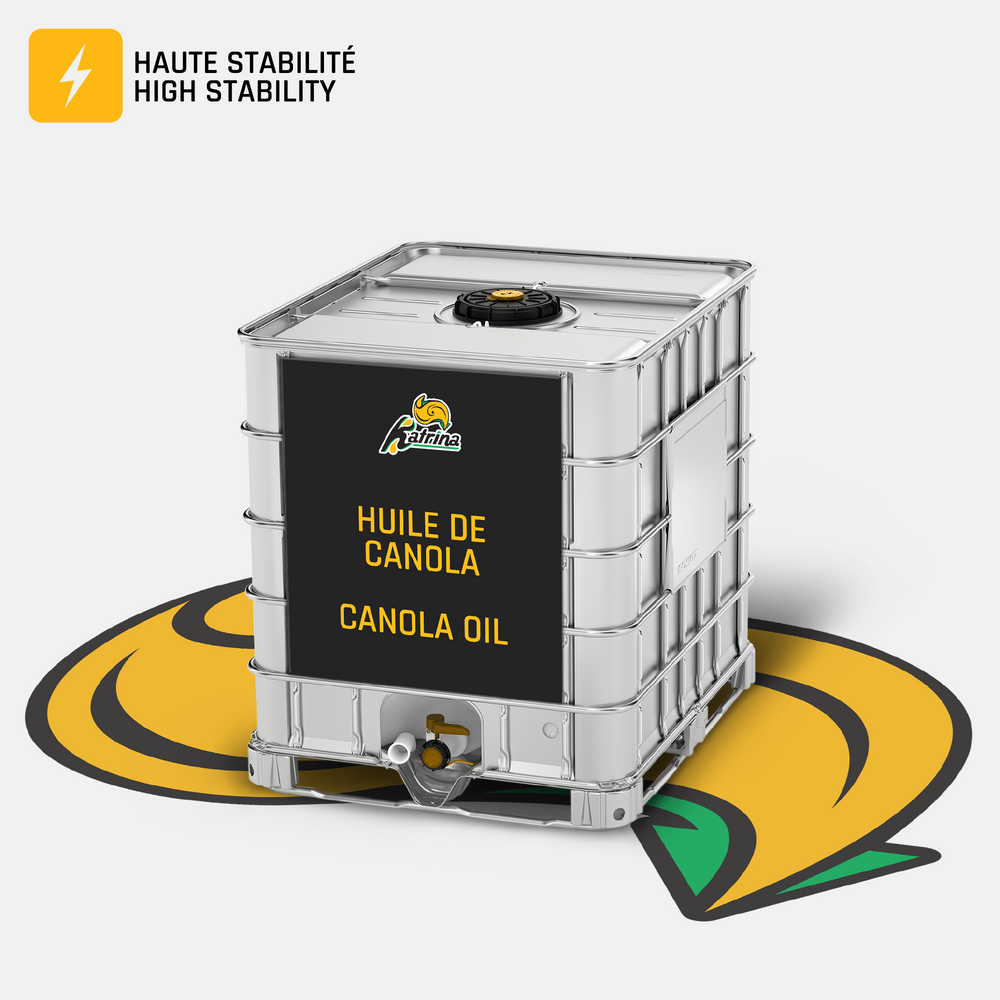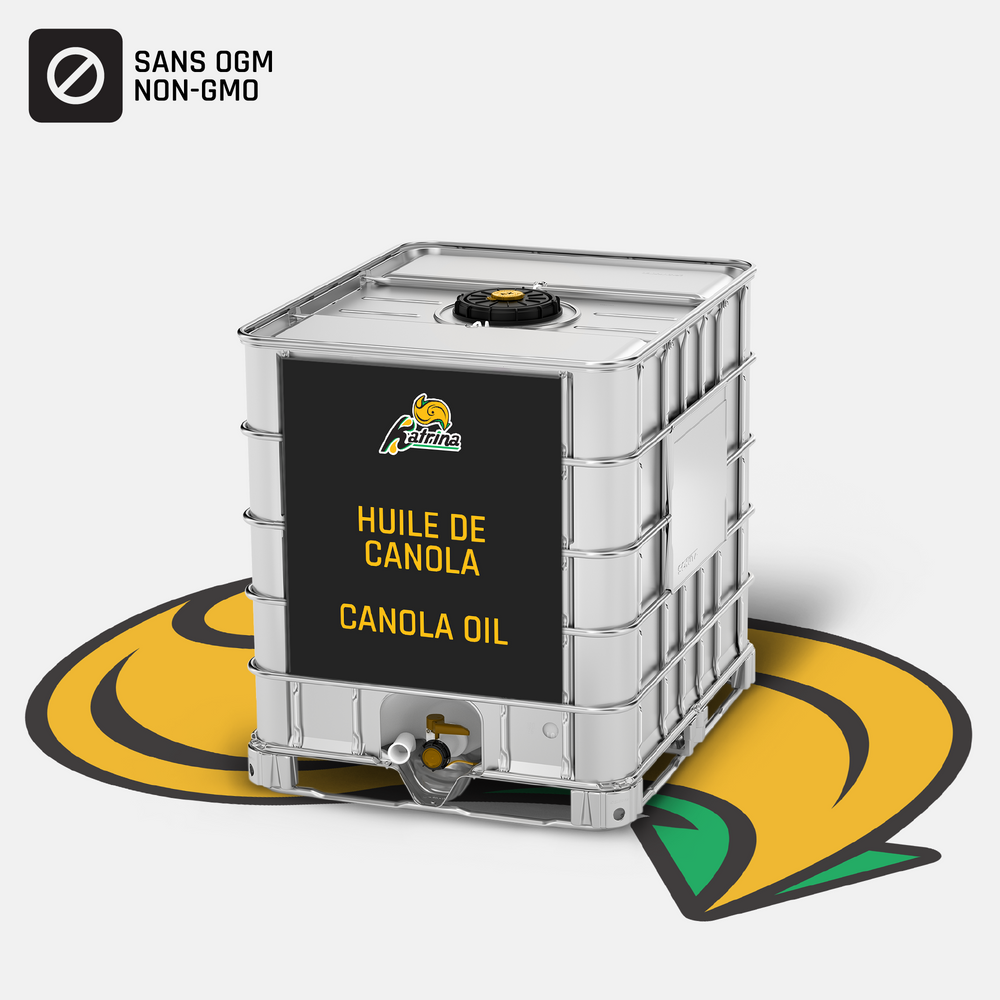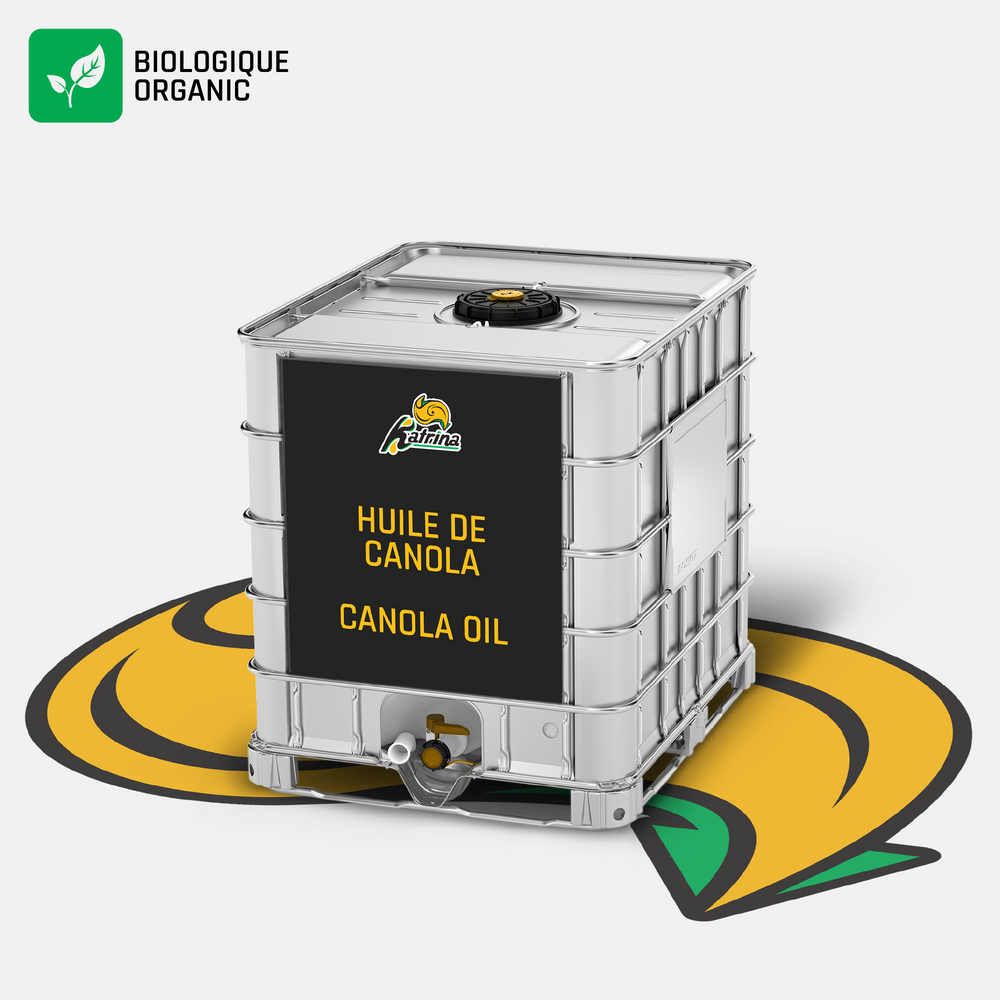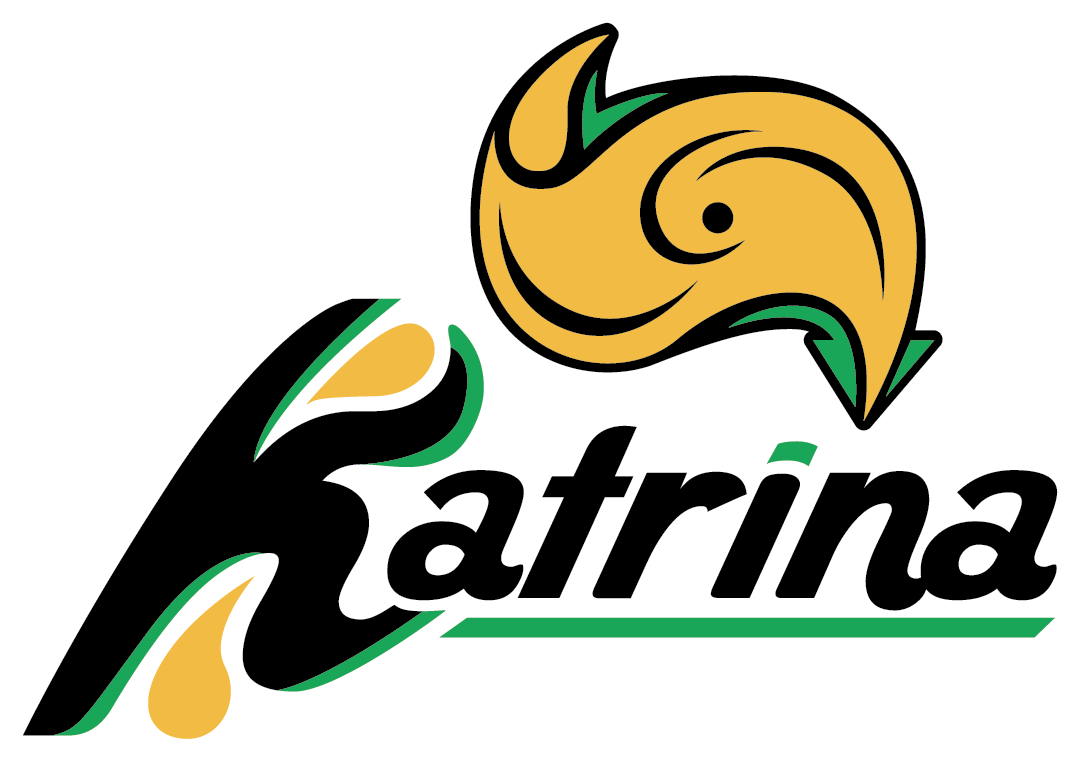What Is Expeller-Pressed Canola Oil and Is it Good For You?
Expeller-pressed canola oil is gaining popularity among those seeking minimally processed, more natural food products. But what exactly sets it apart from regular canola oil?
This guide explains how it differs from canola oil and the benefits of switching to expeller-pressed canola oil.
What's the Difference Between Canola Oil and Expeller-Pressed Canola Oil?
Most canola oil on the market is produced with chemical extraction, using solvents like hexane to extract oil from the seeds. Expeller-pressed canola oil, on the other hand, uses mechanical extraction with a large screw press or expeller press.
Though solvent extraction results in a higher yield, it also involves the use of chemicals that some consumers prefer to avoid. Expeller pressing results in a lower yield but that comes with a higher cost and limited availability. However, for those prioritizing healthier and a purer product, the trade-off is often worthwhile.
How Expeller-Pressed Canola Oil Is Made
- Preparing the Seeds: The canola seeds are cleaned and prepared to ensure no impurities remain before extraction.
- Crushing the Seeds: The seeds are then fed into the machine. As the seeds move through the expeller, they are crushed under pressure to release the oil.
- Generating Heat Through Friction: The mechanical pressure inside the expeller generates heat, but only from the friction of the press itself. This gentle heat helps preserve the oil's natural flavour, colour, and nutritional components.
- Extracting the Oil: The oil is separated from the crushed seed material (also known as the seed cake)and collected for the next step. While the field is lower than that of solvent extraction, the process produces a purer, more natural oil.
- Refining the Oil: After extraction, the oil may undergo minimal refining to remove any unwanted odours. This step is optional depending on the manufacturer and the desired purity of the oil. Some manufacturers may skip additional refining to retain more of the oil's natural flavour and nutrients.
- Filtration: The oil is then filtered to remove any finer impurities or remaining solids. Some expeller-pressed oils may undergo only light filtration, while other may go through a more extensive process, depending on the manufacturer's preference.
- Bottling and Packaging: Once filtered, the expeller-pressed canola oil is bottled and sealed to maintain its freshness. Proper packaging and oil storage protects the oil from light and air so it stays high-quality until it reaches the consumer.
Nutritional Benefits of Expeller-Pressed Canola Oil
Expeller-pressed canola oil is a better choice over conventional canola oil for healthy recipes because it retains more natural nutrients. Since there's less heat involved in production, it maintains a higher level of antioxidants and vitamin E. It's also rich in monounsaturated fats which have heart-healthy properties.
Smoke Point of Expeller-Pressed Canola Oil
Expeller-pressed canola oil has a smoke point of around 464°F (240°C), making it suitable for medium-high heat cooking like sautéing and stir-frying. In comparison, canola oil has a higher smoke point of 468°F (242°C), and high-oleic canola oil can reach up to 475°F (246°C), which makes it ideal for high-heat cooking methods.
While both expeller-pressed and canola oil can handle typical cooking temperatures, the slightly lower smoke point of expeller-pressed oil reflects its less refined nature. It'll still be okay to use though for recipes that call for canola oil or other neutral-tasting oils.
FAQs
What Is Expeller-Pressed Oil Good For?
Expeller-pressed oil is good for a wide variety of cooking methods like frying, sautéing, baking, and making salad dressings, thanks to its neutral flavour and high smoke point. The oil’s natural nutrients, including antioxidants and healthy fats, make it a healthier alternative to regular canola oil.
Is Expeller-Pressed Canola Oil Hydrogenated?
Expeller-pressed canola oil is not hydrogenated. It's made using a mechanical extraction method that extracts the oil directly from canola seeds without chemical solvents or hydrogenation.
Related articles:
Expeller-Pressed vs Cold-Pressed Oils
Alternatives for Canola Oil: Cooking, Baking, and Other Uses

